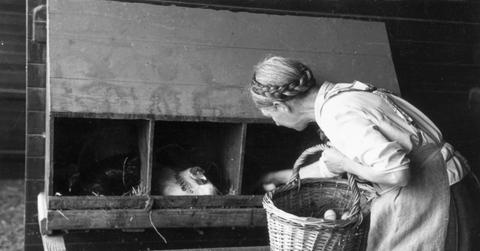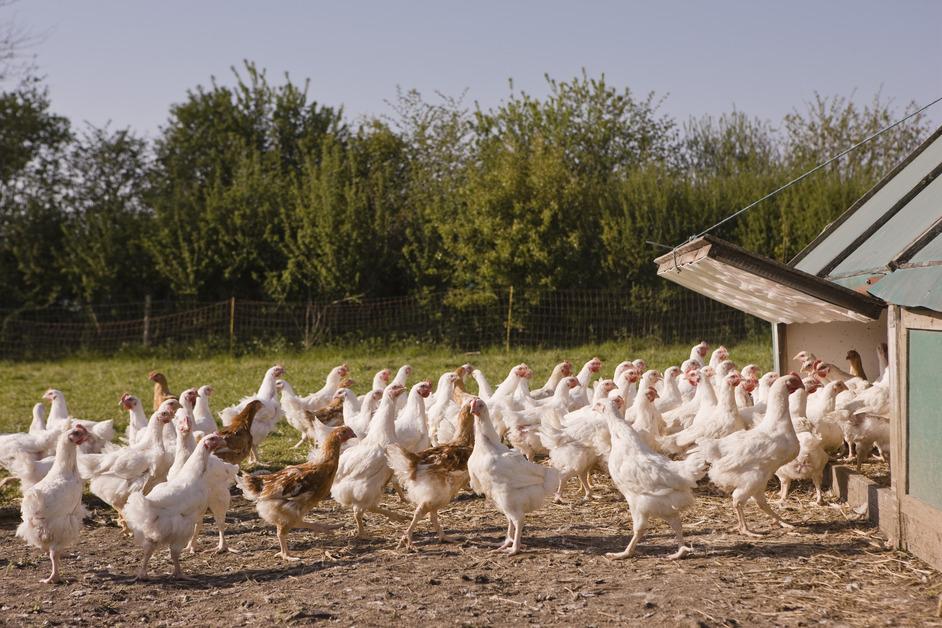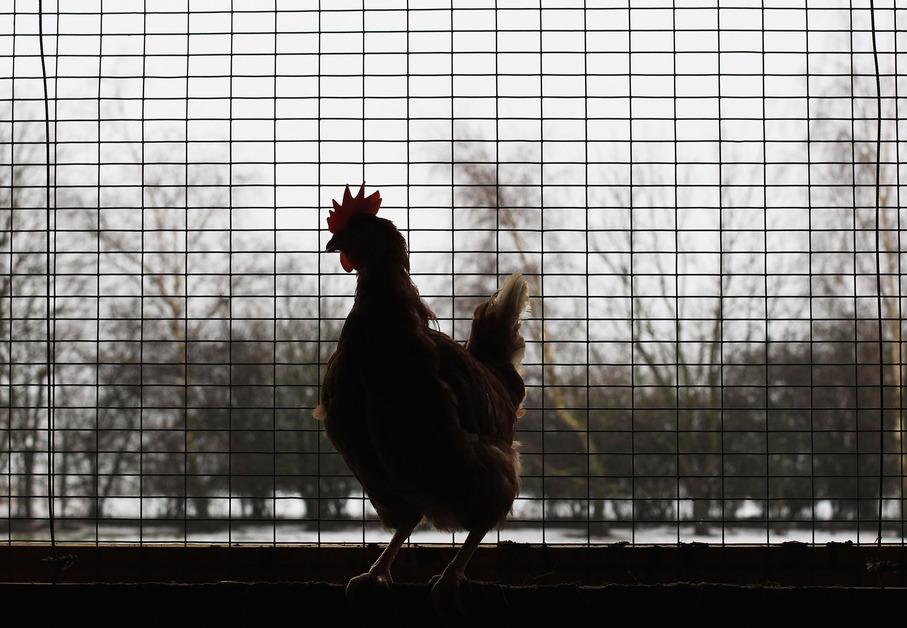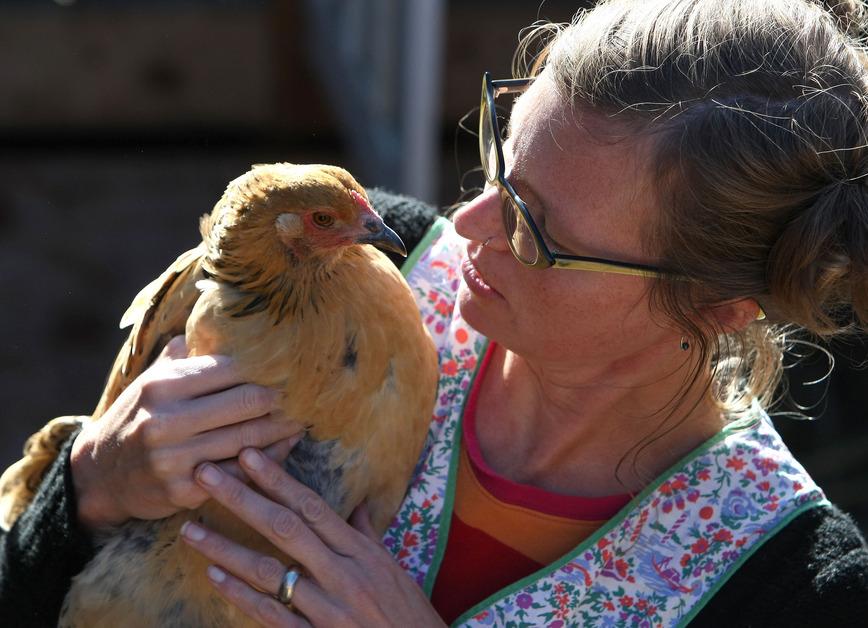Have Your Chickens Stopped Laying Eggs? Here's What Could Be Going On
Published Jan. 18 2023, 10:38 a.m. ET

If you have recently gone to collect eggs from your backyard chicken coop, and upon arrival, found there are none, possibly ruining your omelet breakfast and entire morning routine, you are not alone.
This frustration may have you wondering: why are my chickens not laying eggs? Hens can stop laying eggs for a variety of reasons. Here are the most common.
Are your chickens getting enough light?
According to the farming company Purina Mills, decreased daylight is one of the largest contributors to egg reduction. If a hen received insufficient light, usually around less than 16 hours, it could have a hormonal response and its body could stop laying eggs.
This can happen especially during the winter months when days are shorter. If this becomes a consistent problem, Purina Mills says you could consider an artificial LED light that mimics daylight to see if it reduces the hormone fluctuations in the flock.

Are they living in a stressful environment?
According to a publication by the Department of Animal Science at the University of Florida, eggs can also decrease if your hens are living in a stressful environment. This could look like predator vulnerability, overcrowding, and extreme temperatures.
Purina Mills recommends adding metal screens on doors and windows of the coop to keep out predators, ensuring there are 5 to 10 square feet of space per bird, and ensuring the nesting boxes are clean and dry.
Are your chickens getting all the proper nutrients?
Nutritional deficiencies, most often calcium, can slow egg production. The eggshell is primarily made of calcium, therefore when there is a calcium deficiency, eggshells can become thin, weak, and unable to be hatched, per an article in Poultry Science.
The Department of Animal Science at the University of Florida also poses these nutritional questions when facing an egg shortage include: Is there mold in the feed? Was the type of feed recently changed? Has daily consumption changed? Is there enough clean water?

Could your chickens be molting?
After 50 to 60 weeks of laying eggs, hens will undergo a rest period known as molt. During the molting period, the hens will take a break from laying before starting back up again. The length of the period varies from chicken to chicken, where some could molt much more often and eventually stop laying altogether, per the Department of Animal Science at the University of Florida.
Are your hens getting old?
Chickens begin laying eggs after 18-20 months, and produce less and less as they age. On average, a hen who has been selectively bred for laying eggs (which is the case for any hens you have in your backyard) can live to be 8 to 10 years old, and according to The New York Times, averages laying 276 eggs per year.

If none of these, check for an infection.
An infection or disease can put egg production at a halt because the hen's body is focusing on recovery rather than reproduction. In 2022, there was one of the deadliest bird flu outbreaks in recent history, with over 52 million bird deaths in the U.S. just last year, per NPR.
Infected birds cannot lay eggs, but also can lead to infection of the surrounding birds and even lead to culling operations to stop the spread.
And remember, the only reason your hens are laying so many eggs is because they have been bred to do so. Wild hens only lay 10 to 15 eggs per year, as per PETA. Laying hundreds of eggs per year is taxing on hens' bodies, and causes many hens to develop osteoporosis and reproductive system issues, as per The Humane Society of the U.S. One way to combat the stress of this is to feed the eggs back to the hens who lay them, rather than taking the eggs for human consumption, according to The Open Sanctuary Project.